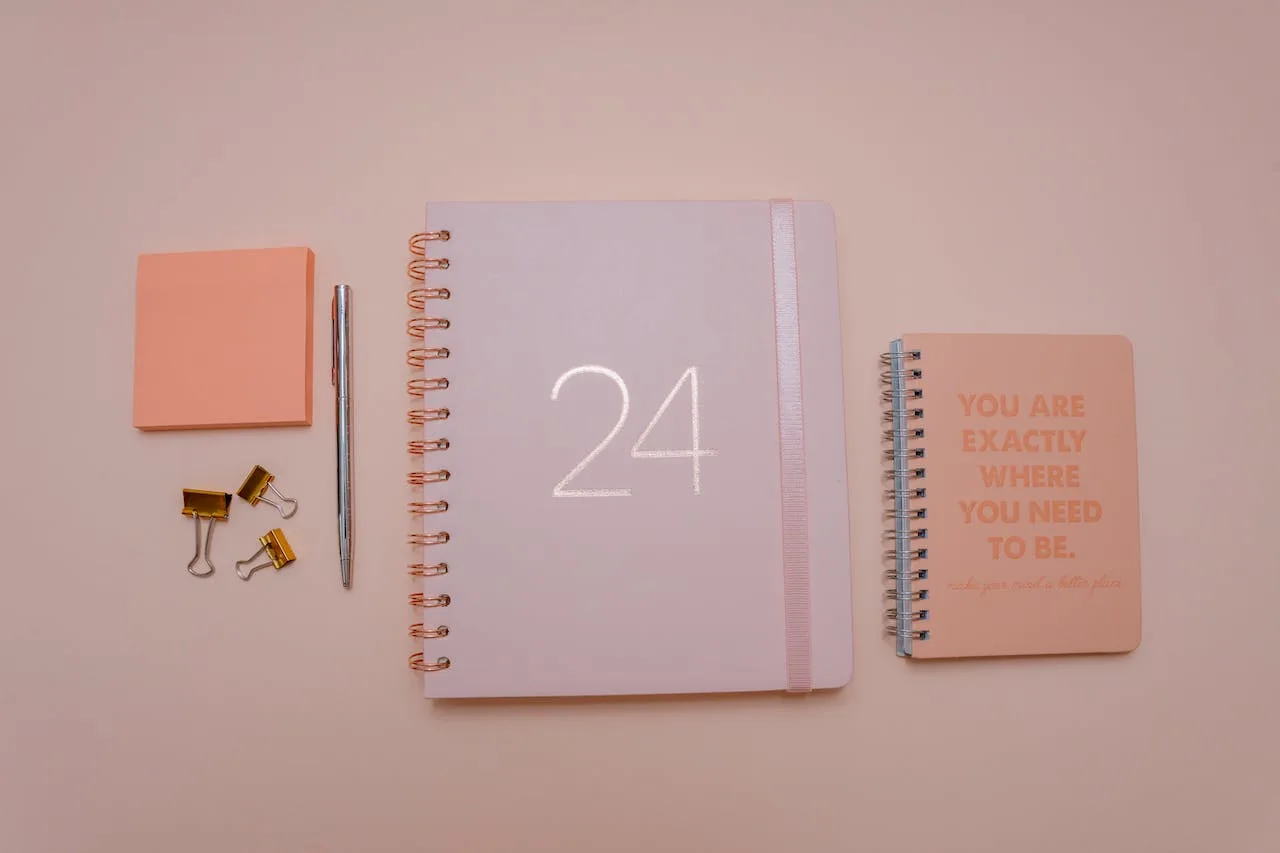[et_pb_section bb_built="1" admin_label="Section" fullwidth="on" specialty="off" transparent_background="off" background_color="#2ea3f2" allow_player_pause="off" inner_shadow="off" parallax="off" parallax_method="off" padding_mobile="off" make_fullwidth="off" use_custom_width="off" width_unit="on" make_equal="off" use_custom_gutter="off"][et_pb_fullwidth_header admin_label="Fullwidth Header" title="Ten Things you Can do to Cope with Depression" subhead="By Dr. Nga Tran" background_layout="dark" text_orientation="center" header_fullscreen="off" header_scroll_down="off" parallax="off" parallax_method="off" content_orientation="center" image_orientation="center" custom_button_one="off" button_one_letter_spacing="0" button_one_use_icon="default" button_one_icon_placement="right" button_one_on_hover="on" button_one_letter_spacing_hover="0" custom_button_two="off" button_two_letter_spacing="0" button_two_use_icon="default" button_two_icon_placement="right" button_two_on_hover="on" button_two_letter_spacing_hover="0" /][/et_pb_section][et_pb_section bb_built="1" admin_label="section"][et_pb_row admin_label="Row"][et_pb_column type="2_3"][et_pb_image admin_label="Image" src="https://www.brisbaneactcentre.com.au/wp-content/uploads/2016/03/east-586257_1280.jpg" show_in_lightbox="off" url_new_window="off" animation="left" sticky="off" align="center" max_width="800px" force_fullwidth="off" always_center_on_mobile="on" use_border_color="off" border_color="#ffffff" border_style="solid" use_overlay="off" /][et_pb_text admin_label="Text" background_layout="light" text_orientation="left" use_border_color="off" border_color="#ffffff" border_style="solid"]
So you find these dark periods are here again. You may try many things which help somewhat but depression keeps coming around. You don’t want it, and you don’t like it. But when it is here anyway, here are some tips which may help:
1. Allow yourself to feel the way you feel.
Society and social media would have you believe that something is wrong with you if you feel depressed. Of course these feelings are unpleasant and you don’t have to like them, but they are normal, common and occur to everyone to various degrees. Feeling depressed is unpleasant enough, but in addition you may feel guilty, angry, sad or anxious about being depressed. Just being ok about whatever you feel can lessen these secondary emotions.
2. Become aware of your thoughts and don’t take them all as gospel.
Taking your thoughts at face value would be like heeding every piece of advice and advertisement you hear on the radio. It’s more useful to know you are listening to the radio and hearing an advertisement. You have thoughts but your thoughts are not you. Many of our thoughts are automatic and just pop up, and may not be that helpful. Seeing your thoughts for what they are gives you a chance to decide which ones to pay attention to.
3. Put your efforts towards changing your actions rather than your thoughts and feelings.
We have the idea that we need sort out our thoughts and feelings first before we can make changes to our lives. The research shows that it is the other way around, that the only part you can control are your actions . Your thoughts and feelings will likely change if you engage in different actions.
4. Bring your attention to the present moment.
When you have lots of difficult thoughts and feelings, they can demand all your attention so that you go about your day in on auto-pilot. Expand your awareness to include what there is right here and now, using your five senses, and notice small details with openness and curiosity. So you may notice feeling sad, as well as apprehensive as well as doubtful, as well as hear birds, see trees, taste your sandwich, see your friend’s face……
5. Set time aside to practice mindfulness.
There is nothing magical about mindfulness. It is paying attention in a purposeful and open way. It is a skill that needs repeated practice, like running or swimming. You can practice mindfulness doing every day activities such as having a cup of coffee, brushing your teeth, washing dishes, walking and driving. There are many great apps available with audio guides to assist you, including “Smiling Mind” and “ACT Companion”.
6. Connect with what is important to you.
Sometimes being depressed is so unwanted that you spend all your efforts trying to feel better, thereby behaving in ways that are at odds with what is important to you. You may value meaningful relationships, nature, learning, or helping others. Find opportunities to put these values into actions. The things you care deeply about are often on the flip side of what causes you pain or distress. You may feel guilty about withdrawing from your family or not turning up to work – the flip side of that may be because you value connection and contribution.
7. Take lots of small steps repeatedly to build helpful habits.
Make changes in your behaviour in the direction of what you value, no matter how small that seems. Lots of small actions in the right direction will be more helpful than setting big unrealistic goals, then feeling overwhelmed and guilty when you don’t do them. Build helpful habits over time that will help you handle depression in the future when it comes around again. Some of the most helpful habits are exercise, healthy eating and meaningful relationships, and they all take time and repeated actions.
8. Be grateful for what you do have, do something for others.
Life can be extremely challenging at times, but in the midst of that we can usually find things that we can be grateful for ways to help others. Research shows that actively fostering gratitude and compassion can counteract depression, and that doing something for others boosts the giver’s happiness even more than the receiver’s.
9. Cut yourself some slack and be kind to yourself.
Many of us find it easy to be kind to others, but find it hard to cut ourselves some slack. When you beat yourself up about something, imagine how you would react if you were listening to a friend telling you their struggles, and see if you can give yourself the kindness you would give to a friend.
10. Seek professional help if you are struggling.
This can include a whole range of allied health and medical professionals. However be aware of quick fixes or grand promises. There is a role for prescription medications from your GP or psychiatrist. However the evidence is that for mild to moderate depression, there are many other treatment options that work better than or as well as medication. They include exercise, relaxation techniques, and a whole range of psychological treatments including cognitive behaviour therapy and mindfulness-based therapies such as Acceptance and Commitment Therapy. The advantage of the non-drug treatments are that you have skills you can use throughout your life, and without the side effects. In the end it is about respecting your preference and helping you be aware of all your options, and if required, using medications in the safest possible way while minimising side effects.
[/et_pb_text][/et_pb_column][et_pb_column type="1_3"][et_pb_team_member admin_label="Person" name="Dr. Nga Tran" position="Psychiatrist" image_url="https://www.brisbaneactcentre.com.au/wp-content/uploads/2014/09/DSF0199.jpg" animation="left" background_layout="light" use_border_color="off" border_color="#ffffff" border_style="solid" /][et_pb_signup admin_label="Signup" provider="mailchimp" mailchimp_list="82954980b2" aweber_list="none" title="Receive Blog Updates To Your Inbox" button_text="Sign up Now" use_background_color="on" background_color="#2EA3F2" background_layout="dark" text_orientation="left" use_focus_border_color="off" use_border_color="off" border_color="#ffffff" border_style="solid" custom_button="off" button_letter_spacing="0" button_use_icon="default" button_icon_placement="right" button_on_hover="on" button_letter_spacing_hover="0" /][et_pb_sidebar admin_label="Sidebar" orientation="right" area="sidebar-1" background_layout="light" remove_border="off" /][/et_pb_column][/et_pb_row][/et_pb_section][et_pb_section bb_built="1" admin_label="Section" fullwidth="off" specialty="off" transparent_background="off" background_color="#2ea3f2" allow_player_pause="off" inner_shadow="off" parallax="off" parallax_method="off" padding_mobile="off" make_fullwidth="off" use_custom_width="off" width_unit="on" make_equal="off" use_custom_gutter="off"][et_pb_row admin_label="Row"][et_pb_column type="4_4"][et_pb_cta admin_label="Call To Action" title="Want to Learn More?" button_url="https://www.brisbaneactcentre.com.au/contact/" url_new_window="off" button_text="Get in Touch" use_background_color="on" background_color="#2EA3F2" background_layout="dark" text_orientation="center" use_border_color="off" border_color="#ffffff" border_style="solid" custom_button="off" button_letter_spacing="0" button_use_icon="default" button_icon_placement="right" button_on_hover="on" button_letter_spacing_hover="0"]
Book an Appointment with One of Our Expert Brisbane Psychologists or Therapists.
[/et_pb_cta][/et_pb_column][/et_pb_row][/et_pb_section]



